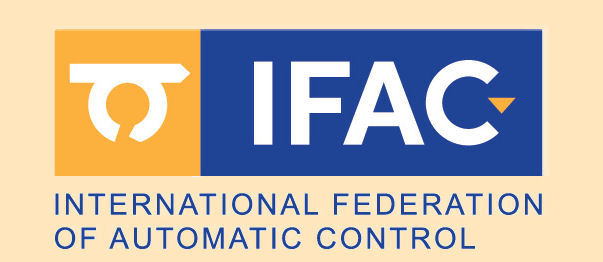| Paper WeBT3.2
Flores Paredes, Juan Carlos (Eindhoven University of Technology), Padilla Cazar, Giovanny Paul (Eindhoven University of Technology), Donkers, M.C.F. (Tijs) (Eindhoven University of Technology)
A Shrinking Horizon Approach to Eco-Driving for Electric City Buses: Implementation and Experimental Results
Scheduled for presentation during the Regular Session "Eco-driving" (WeBT3), Wednesday, June 26, 2019,
15:50−16:10, Chamerolles
9th IFAC International Symposium on Advances in Automotive Control, June 23-27, 2019, Orléans, France
This information is tentative and subject to change. Compiled on April 25, 2024
|


 This site is protected by copyright and trademark laws under US and International law.
This site is protected by copyright and trademark laws under US and International law.